La Blessure, la tragédie des harkis (2010)
장르 : 다큐멘터리, 공포
상영시간 : 0분
연출 : Daniel Costelle, Isabelle Clarke
시놉시스
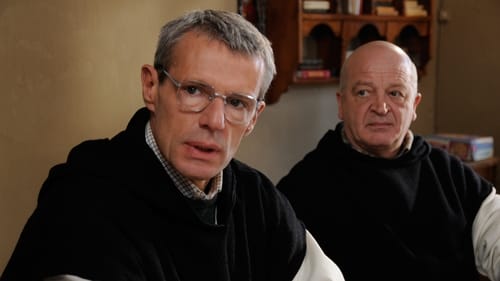
1996년 알제리 산골 수도원. 그 곳에 신과 인간 사이에서 숭고한 신념을 지켜낸 7명의 수도사와 1명의 의사가 있었다. 그들은 의료지원에서 고민상담까지, 가난한 마을 사람들의 몸과 마음의 상처를 치유해 주며 종교를 뛰어넘는 사랑으로 마을 사람들과 평화롭게 지낸다. 하지만 이슬람근본주의자들에 의한 내전사태가 심화되면서 평화롭던 생활은 위기에 빠진다. 신을 영접하는 수도사로 신의 사랑과 믿음을 몸소 실천하려 하지만 그들 역시 인간이기에 생명을 위협하는 폭력이 두렵다. 이제 그들은 신을 따르기 위해 수도원에 남아야 할지 안정된 삶을 쫓아 떠나야 할지, 삶과 신념을 사이에 둔 중대한 선택의 순간을 맞이하게 되는데…
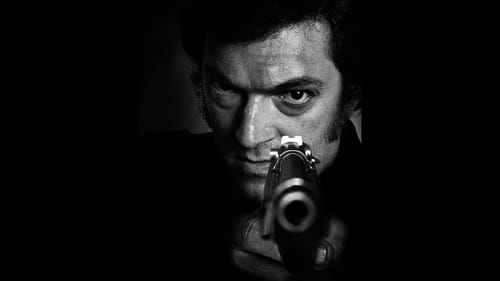
섹시함과 재치, 남자답고 당당한 카리스마에 의리까지, 어느 하나 부족하지 않은 최고의 남자 '자크 메스린(뱅상 카셀 분)'. 마음에 드는 여자를 단번에 꼬시는 것은 기본, 은행강도, 백만장자 납치극 등 자신이 원하기만 하면 세상이 주목하고 이슈가 되는 사건의 중심에 항상 그가 있다. 결국 최악의 죄수들을 수감하는 특수교도소에 투옥된 그는 이번에도 기회를 놓치지 않고 짜릿한 탈옥의 기회를 엿본다.
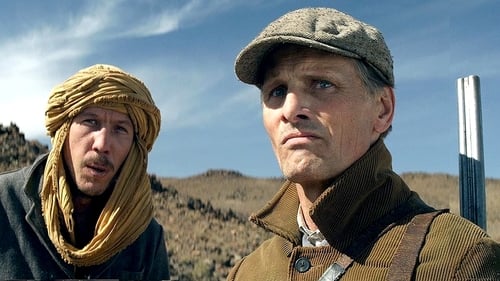
독립 전쟁이 한창이던 1954년 알제리. 목동들에게 불어를 가르치며 살고 있는 전직 군인 ‘다루’에게 어느 날 예기치 못한 명령이 내려진다. 사촌을 죽인 죄로 붙잡힌 ‘모하메드’를 팅기트로 인도해 재판 받게 하라는 것. 그를 데려가 죽이라는 것과 다름없는 명령을 도저히 따를 수 없는 ‘다루’와 자신은 반드시 팅기트에 가야만 한다는 ‘모하메드’. 결국 함께 길을 떠난 두 사람은 팅기트로 향하는 길에 알제리 독립군과 프랑스 정부군 간의 교전에 인질로 잡히고 마는데…
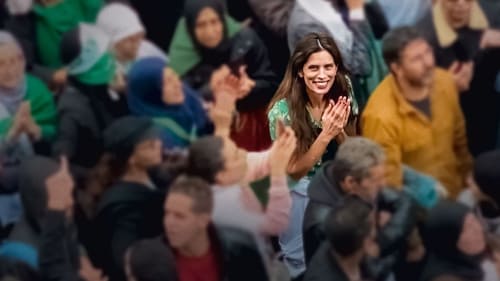
DNA revolves around a woman with close ties to a beloved Algerian grandfather who protected her from a toxic home life as a child. When he dies, it triggers a deep identity crisis as tensions between her extended family members escalate revealing new depths of resentment and bitterness.
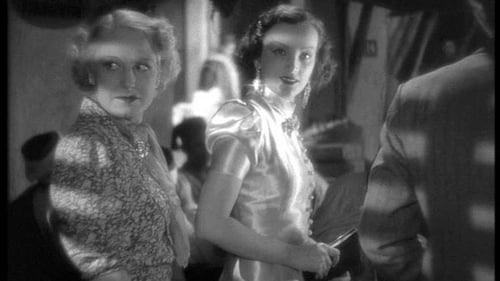
프랑스령인 카스바에서 은둔하고 있는 도둑들의 우두머리인 페페는 그 지역 사람들에게 두터운 신망을 받고 있다. 경찰은 도둑질을 하고 카스바로 숨어드는 그의 일당들을 잡아보려고 하지만 매번 페페를 도와주는 주민들에 의해 실패한다. 그러던 어느 날 밤, 페페는 경찰의 기습을 피해 달아나다가 마침 그곳을 여행 중이던 미모의 여자와 마주치게 되는데...
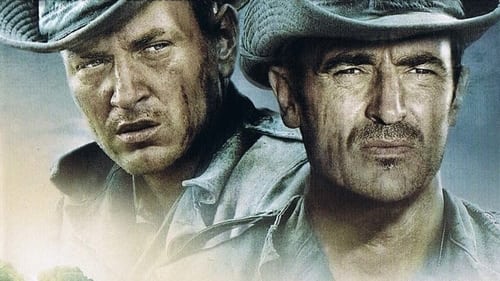
이상주의자인 젊은 장교 테리언은 프랑스로부터 독립하려는 알제리를 점령하기 위한 알제리 내전에 참가하라는 명령을 받는다. 자대에 배치된 테리언은 고참하사인 도낙의 조언과 도움으로 점점 전쟁에 적응해 나간다. 하지만 전쟁의 참혹함과 참상을 지켜보면서 테리언은 도덕적 가치에 혼란을 느끼고, 점점 이상과 현실의 괴리감 속에서 정체성의 혼돈을 겪으며 방황한다. 한편 테리언의 인간적인 면에 매료된 알제리 소년은 프랑스군이 점령군임에도 불구하고 알제리 반군에 대항하여 테리언을 도와 싸운다. 하지만 시간이 지나면서 광기 어린 전쟁머신으로 변해가는 테리언과 계속되는 고문 행위에 환멸을 느낀 소년은 테리언을 떠나 알제리 반군에 투항하는데…
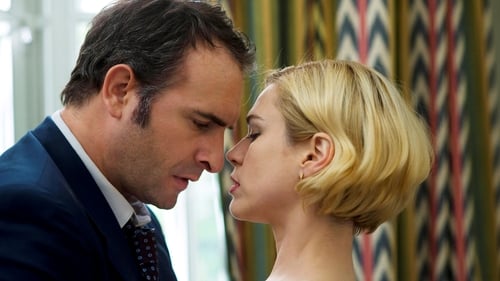
Happily married with a daughter, Marc is a successful real estate agent in Aix-en-Provence. One day, he has an appointment with a woman to view a traditional country house. A few hours later, Marc finally puts a name to her face. It's Cathy, the girl he was in love with growing up in Oran, Algeria, in the last days of the French colonial regime. Marc hurries to her hotel. They spend the night together. Then she's gone again. And Marc's mother tells him Cathy never left Algeria. She was killed with her father in a bombing just before independence...
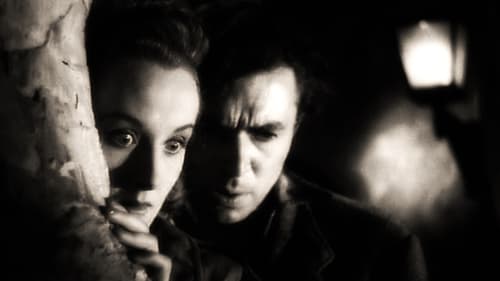
Candlelight in Algeria is a 1944 British war film directed by George King and starring James Mason, Carla Lehmann and Raymond Lovell. This drama follows the exploits of Eisenhower's top aide, Mark Clark, and other important Allies as they journey to an important meeting held on Algeria's coast. The precise location of this vital secret gathering is upon a piece of film which must not fall into enemy hands
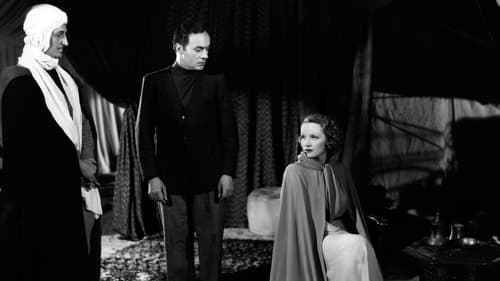
The star-crossed desert romance of a cloistered woman and a renegade monk.
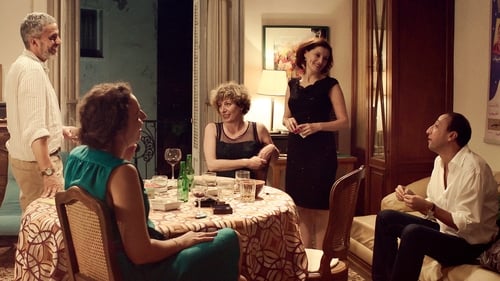
Algiers, a few years after the civil war. Amal and Samir have decided to celebrate their twentieth wedding anniversary in a restaurant. While on their way, their share their views on Algeria: Amal talks about lost illusions and Samir about the necessity to cope with them. At the same time, their son Fahim and his friends Feriel and Reda are wandering about in a hostile Algiers about to steal their youth.

Two deaf and dumb children. She is the daughter of an American Oil engineer. He is the son of an Algerian farmer. They meet and manage to communicate, transcending all the cultural barriers that separate them.

On an Algerian beach, kids splash about, sleep, squabble - and then suddenly go to war. And it’s neither Lord of the Flies nor La Guerre des boutons. In her first film, full of grace, Narimane Mari films this childish freefor- all closely, at the irregular pace of an imagination inspired by the highest form of reality, national History — actually, nothing less than the Algerian War of Independence. When their make-believe induces a general upheaval, we follow the flock of children as they stamp their feet up the stairs, invade houses, cross village squares, in a whirlwind of shouts and empty words. Time is stretched like in a dream, through a choreography of belligerent shadows or the night-time explosion of the cemetery, as so many warning signs of dangers to come.
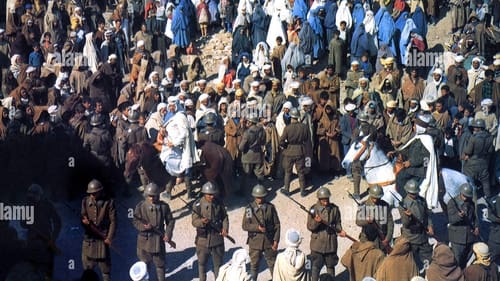
The beginings of the Algerian Revolution as seen through the eyes of a peasant.
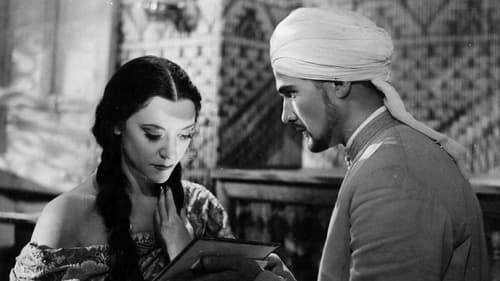
An old man about to die gives all his fortune to a young beggar he meets in an Arabian town. He takes him to his house (now the poor man's property) and he strongly advises him not to open one of the doors, the seventh door. "I could throw the key into the sea" says the young lad" No use, you'd dive to get it back". The young man is curious and he cannot resist temptation: he opens the forbidden door. A strange world is waiting for him where a girl, Leila, will be his guide .

Mounir Mekbek lives with his family in a small village in the heart of the Algerian countryside. Very proud and sure of himself, he has only one dream- to finally be appreciated by his fellow villagers. Screwing up his carefully maintained image is his headstrong, narcoleptic sister Rym who falls asleep anywhere and whom the village is convinced will end up a spinster. One evening, Mounir returns from town drunk and announces that he's found a suitor for his sister. The fake story snowballs and snowballs until the suitor morphs into a rich, blonde Australian. The village begins preparing for the wedding in earnest - but without a bridegroom in sight.

In Algiers in 1993, while the civil war is starting, Mrs Osmane's tenants have to endure her bad temper. Her husband left her and the fear to lose her respectability haunt her. The former member of the Resistance during the Independence War persists in controlling the slightest moves of the households rather than struggle against her own frustrations. Learning her daughter is in love, the possibility of finding herself alone will push her to the limit: The symbolical Mrs Osmane "harem" is about to collapse.

A watershed film, Omar Gatlato held a mirror up to Algerian male culture and the mirror cracked. The title refers to the expression "gatlato al-rujula," or, roughly, "machismo killed him" and the film's mordant insights into male posturing and alienation in Algerian society animate this bit of folk wisdom. In mock documentary style, a young man recounts with wry commentary a typical day in his life in the Bab el-Oued quarter of Algiers, while the camera playfully shows a different story. In following Omar and his friends in their pursuit of happiness, the film examines with shrewd humor the gang values of urban youth; their passion for popular culture (soccer, "Hindoo" movies, Rai concerts), their hidden fear of women, and their social insecurity in an environment where they are marginalized.


Parisian authorities clash with the Front de Libération Nationale (FLN) in director Alain Tasma’s recounting of one of the darkest moments of the Algerian War of Independence. As the war wound to a close and violence persisted in the streets of Paris, the FLN and its supporters adopted the tactic of murdering French policemen in hopes of forcing a withdrawal. When French law enforcement retaliated by brutalizing Algerians and imposing a strict curfew, the FLN organizes a peaceful demonstration that drew over 11,000 supporters, resulting in an order from the Paris police chief to take brutal countermeasures. Told through the eyes of both French policemen as well as Algerian protestors, Tasma’s film attempts to get to the root of the tragedy by presenting both sides of the story.















